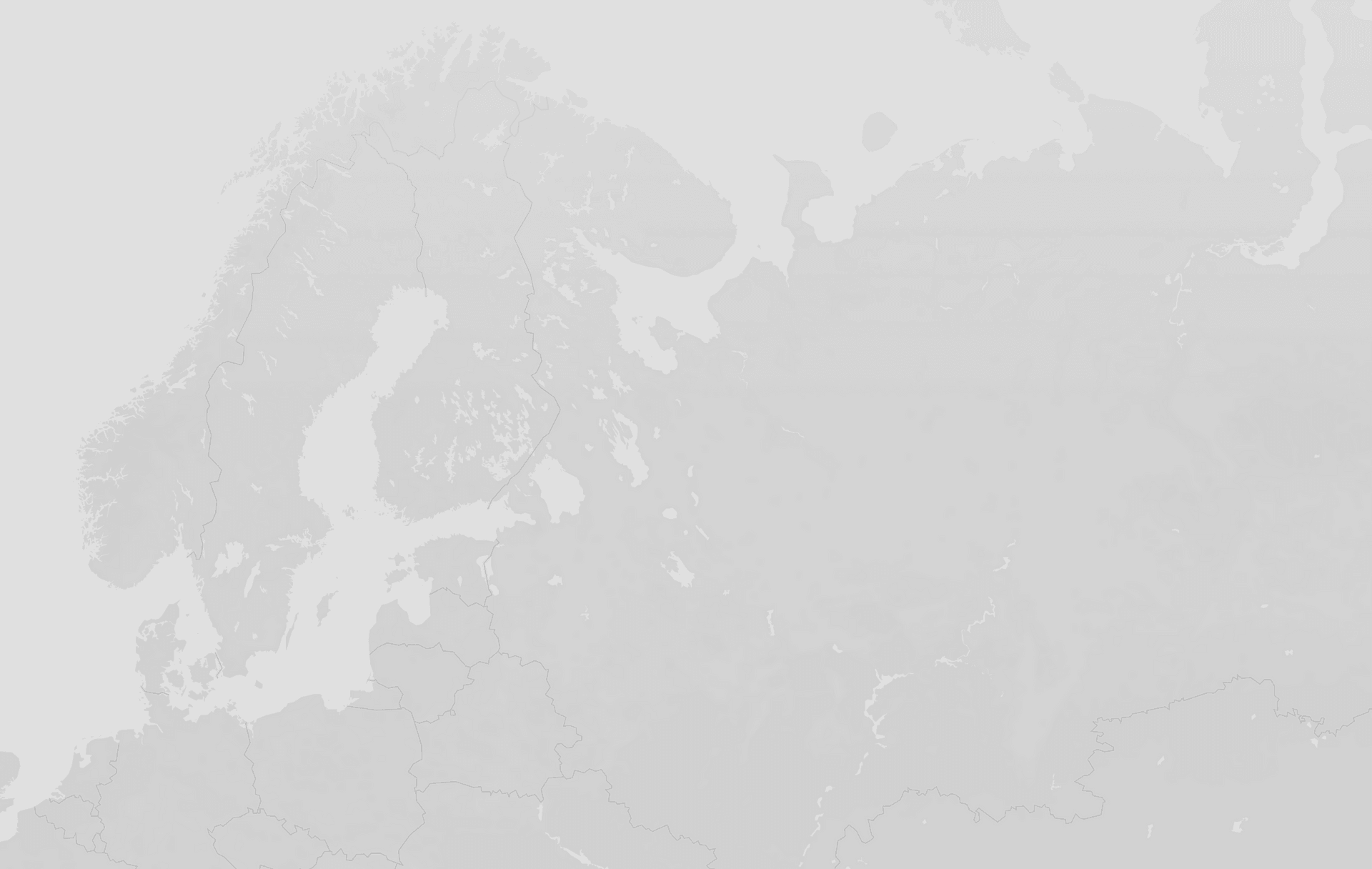The NIS Directive entered into force in August 2018, with the aim of establishing and maintaining a high level of security in critical infrastructure and information systems throughout the EU. As a result of increased digitalization and the threats it entails, the European Commission has chosen to present a revised proposal, called NIS2. The new proposal entered into force in December 2020, and involves, among other things, increased requirements for risk and incident management, reporting and continuous security testing. In addition to that, more sectors are also covered by the regulation, as well as suppliers and subcontractors.




